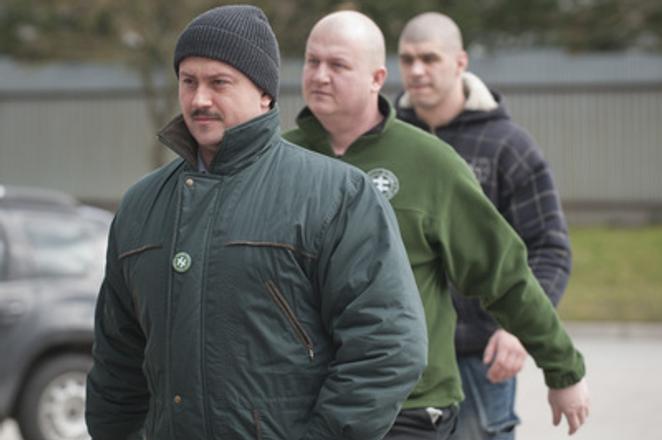Even though the current situation in Slovakia is miles away from the end of the era of Vladimír Mečiar, the state of the key social sectors is critical. And even if all the ministries were now taken over by crisis managers, their task would still be just to stop the decline.
Slovakia needs reforms that will really move the country forward. And it needs a trustworthy political force that is ready to not only draft those reforms, but also implement them. The need for a new political party that would embody the reform potential of SDKÚ from the times of Mikuláš Dzurinda and Ivan Mikloš, resonates mainly at the tables of Bratislava cafés.
Names like Andrej Kiska, Anton Zajac, Miroslav Trnka, and also ideas of Martin Filko about the best of possible worlds, are mentioned.
The café, not just in Bratislava but also anywhere else, however, cannot save the voter who is hoping for change. Until it gets out of the dimly-lit establishments and the complicated nature of its intellectual discussions and goes to talk to the real people living or surviving in the valleys of Tatra and Fatra, it will never gain support strong enough to become a real substitute for the buried SDKÚ and a real competitor to Fico, and now also the needed alternative to Sulík, Matovič, and the fascist Kotleba.
The problem, however, is that a big part of the café looks down on fieldwork. Gone are the times when Dzurinda would bike for months around the forgotten villages in Gemer and Spiš regions. The strategy of the three-time interior minister Robert Kaliňák, who demonstrates his ordinary nature by shopping in local shops on his business trips, to make the locals feel like he is one of them, is also no longer enough.
The little brown men have occupied the public space with their daily presence, their primitive PR slogans, and fake solutions.
A new party will emerge, it is just a matter of time. The ideological bases have been drawn, concrete faces are a point of discussion, and the organising committee exists.
But if it does not understand the change in the expectations of voters who are no longer satisfied with promises but they demand practical results, ideally here and now, and if it does not translate this into its political strategy, it will end just like Radoslav Procházka or Daniel Lipšic. Let alone the buried parties or the dying KDH.
Nobody remembers their ideas, nobody takes them seriously, and they are laughable to many. But now it will not be just the Bratislava café that will laugh, but the entire Slovak pub.
Most of all the one that cheers for the skinheads in green.



 The little brown men have occupied the public space with their daily presence, their primitive PR slogans, and fake solutions. (source: TASR)
The little brown men have occupied the public space with their daily presence, their primitive PR slogans, and fake solutions. (source: TASR)